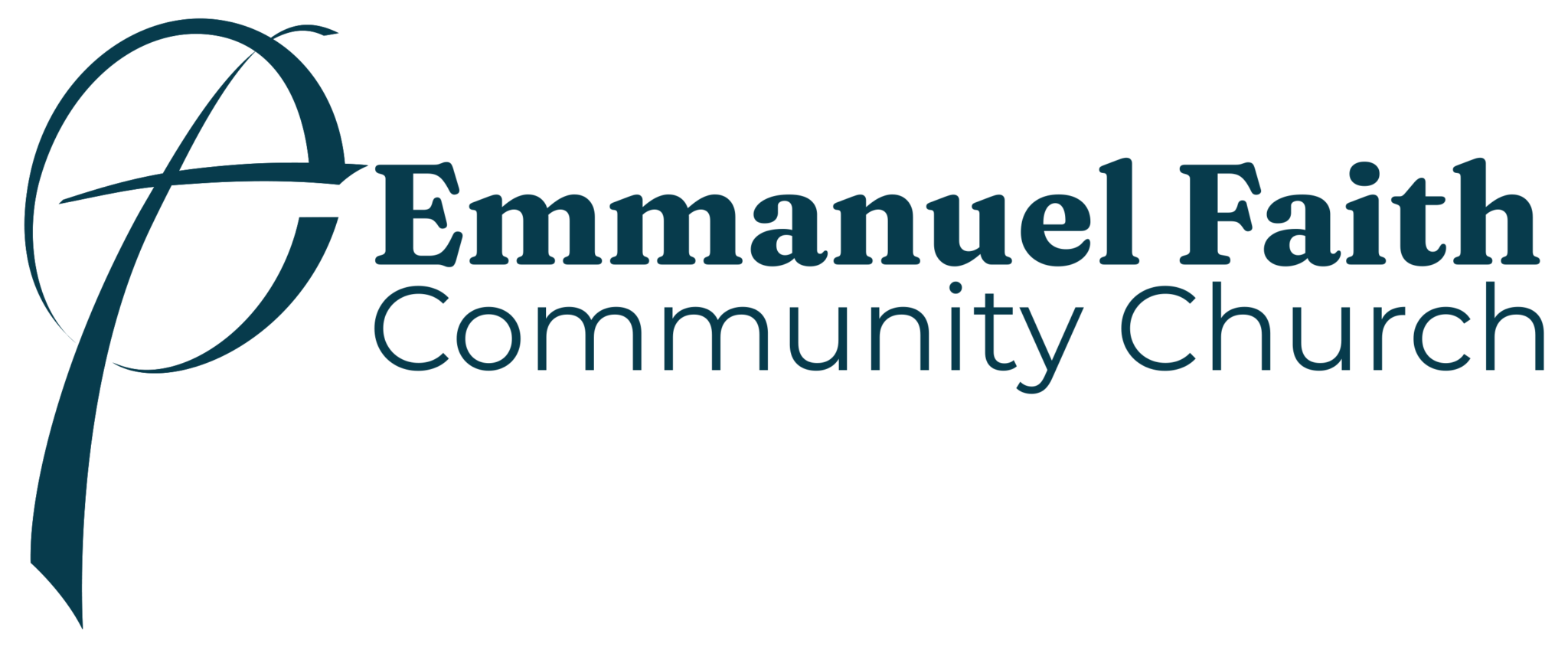Most people, at one time or another, experience loneliness, betrayal, or denial. With each sharp sting comes an even deeper wound. These wounds are difficult to heal from because they attack the core of who we are and what we stand for. If we are not careful, they can claim our identity, speak lies to our souls, and set us on a path of destruction rather than forgiveness.
In John 18, Jesus experienced betrayal and denial from his closest friends. Judas handed him over to the Roman soldiers and Peter denied the fact that he even knew Jesus not once, but three times! And can you imagine the loneliness Jesus felt all the way to the cross; albeit surrounded by crowds of people. Yet Jesus knew what the path to the cross would eventually accomplish. He knew that his Father’s plan would ultimately end in peace.
Years ago, I experienced a situation that doesn’t come close to the above but was nonetheless devastating for an 18-year-old girl. A friend, that I thought was close, betrayed my trust and created a gossip storm that hurt me to my core. I felt confusion, sadness, loneliness, and anger. I shared my bitterness with my mentor, expecting her to sympathize with me. She was kind enough and did show some empathy, but did not let me off the hook to either retaliate or pout. Instead, she guided me through an exercise that would care for my heart and attitude, yet didn’t require immediate restoration of the relationship. She introduced a practice that I have used over and over again; a practice that shifted my focus off of my own pain and started me on the journey towards forgiveness. The practice was simply to follow Paul’s directives in Philippians 4:8-9.
It says, “Finally, brothers and sisters, whatever is true, whatever is noble, whatever is right, whatever is pure, whatever is lovely, whatever is admirable — if anything is excellent or praiseworthy — think about such things. Whatever you have learned or received or heard from me, or seen in me — put it into practice. And the God of peace will be with you.”
The practice? — do what the verse says. My mentor asked me to name something true about the friend who had hurt me… to name something noble, right, and so on. I’d like to say that it was quick and easy — but it wasn’t. It took me three weeks! But at the end of those three weeks, my heart was softened toward my friend as I experienced the God of peace comforting my soul. Forgiveness is not instant, let alone restoring a relationship, but when we take the time to fill our thoughts with the mind of Christ, forgiveness becomes more about loving someone who has hurt us in the way that Jesus loves them, than wallowing in our own pain or trying to get even.
Have you been betrayed, abandoned, or denied the closeness of a relationship that you thought was strong? Where are you on the journey toward forgiveness? Can you “think about” the words of Philippians 4:8 regarding the person who hurt you? Give it a try — the God of peace will be with you.
Lynette Fuson
Care & Counseling Director

